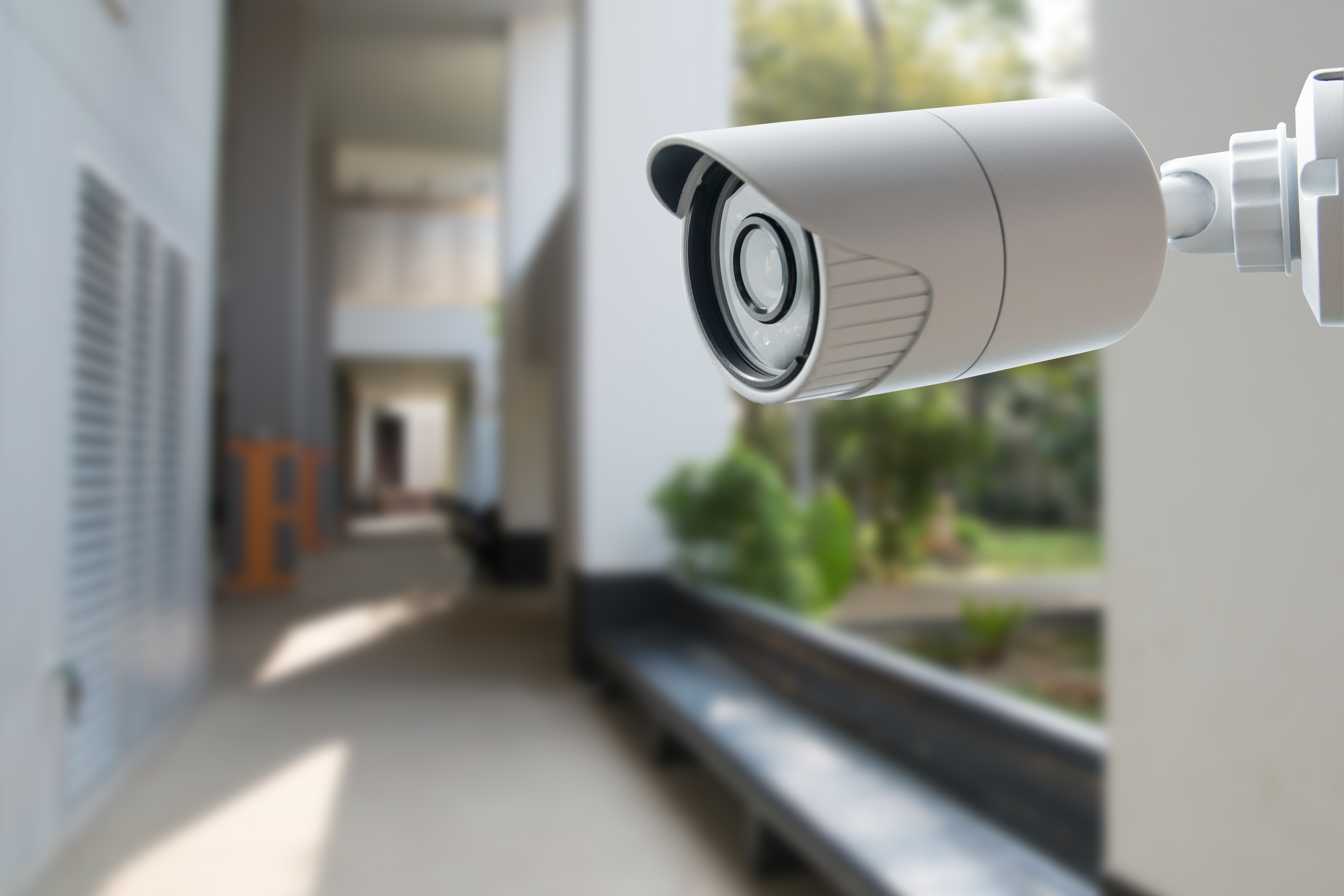When looking at senior living communities, safety is a factor that should not be ignored. So much so that many communities have placed cameras throughout their community to promote security for residents, staff, and visitors. However, cameras aren’t only being placed in communal areas or residential hallways. Some organizations are bringing camera surveillance directly into resident rooms to detect medical events like falls. When the line blurs between safety and surveillance, what risks are senior living organizations inviting into their communities along with cameras?
Legal Risks of Surveillance
The concept of using camera monitoring for fall detection isn’t a new one. Occasionally close family members of an older adult living independently may agree to place personal cameras in their living spaces as reassurance, and these cameras are intended for private family use. Once the use of fall-prevention cameras becomes part of an organization’s rules, personal privacy and HIPAA laws can make this type of monitoring risky.
HIPAA dictates that visual information is protected medical information, so any footage captured must be treated with the same precautions as other health information. This places responsibility on the organization to ensure the cybersecurity of their monitoring platforms and networks and their staff, including teams that may not be face-to-face with residents, is HIPAA compliant and following digital security protocols. This could mean checking that virtual sitters who work remotely are working in private environments and on secure networks, site staff are properly locking computers and keeping up with software updates, and managers aren’t accessing camera feeds from unsecured networks.
While these kinds of precautions and policies may seem simple to institute, in 2019 the Chicago Tribune reported on a lawsuit featuring staff accused of video recording a resident at a Glenview senior living community. The staff members claimed not to know it was illegal to video someone in their private residence and post it on social media without consent. These actions violate both HIPAA and personal privacy laws, placing the organization in a very risky position. Introducing video surveillance not only ensures that residents’ private moments are accessible to multiple people but also normalizes a “cameras-on” environment.
Cybersecurity
With hours upon hours of footage being recorded and saved for in-room resident monitoring, senior living communities must have robust cybersecurity measures to protect from external attacks. In 2021 alone, the healthcare industry reported 712 data breaches—a scary 10% increase from 2020. And 2.9 million private health records were exposed in just 56 data breaches from December 2021. If senior living communities are found responsible for a breach, they can be fined up to $1.5 million per violation. Clearly, security is paramount, not just for residents and their families, but for every level of a senior living organization. With such large risks associated with in-room cameras, is there a better solution for resident safety without invading privacy?
Privacy + Protection
Non-camera in-room fall prevention does exist, and it uses advanced technology that allows staff to stop falls before they happen. VSTAlert is a fall prevention solution that uses LIDAR sensors to scan a resident’s room. These scans are interpreted by precise artificial intelligence (AI) to find indicators of a potential fall and proactively alert staff members 30-65 seconds before a fall occurs.
All LIDAR scans are completely anonymized and can only be “read” by the AI. VSTAlert also never saves nor transmits the room information, meaning that organizations don’t need large data banks or specialized encryption. Privacy is integrated into the solution from the start, so both organizations and residents can have the best of both worlds.
Don’t choose between privacy and safety. Schedule a Demo of VSTAlert today.


